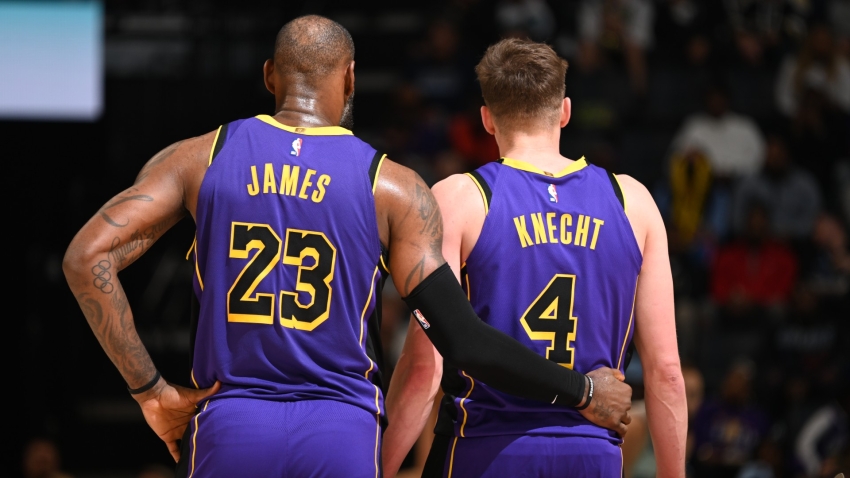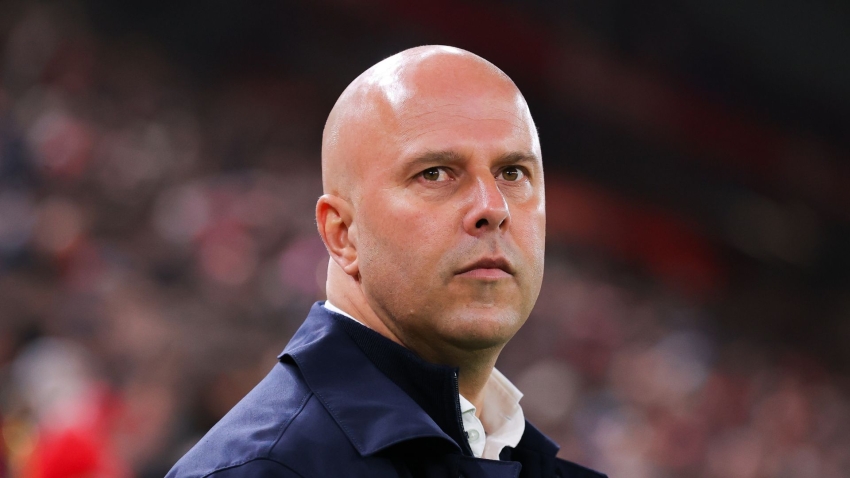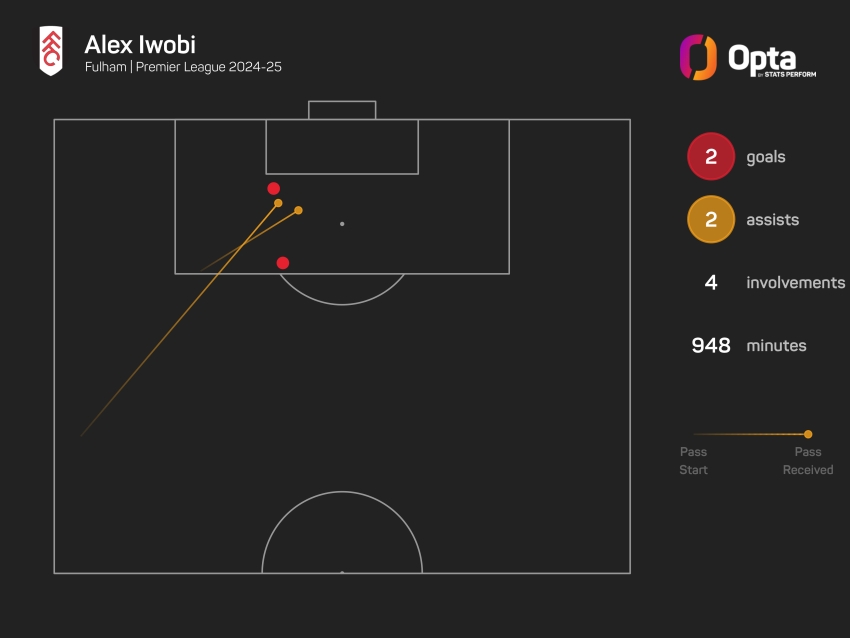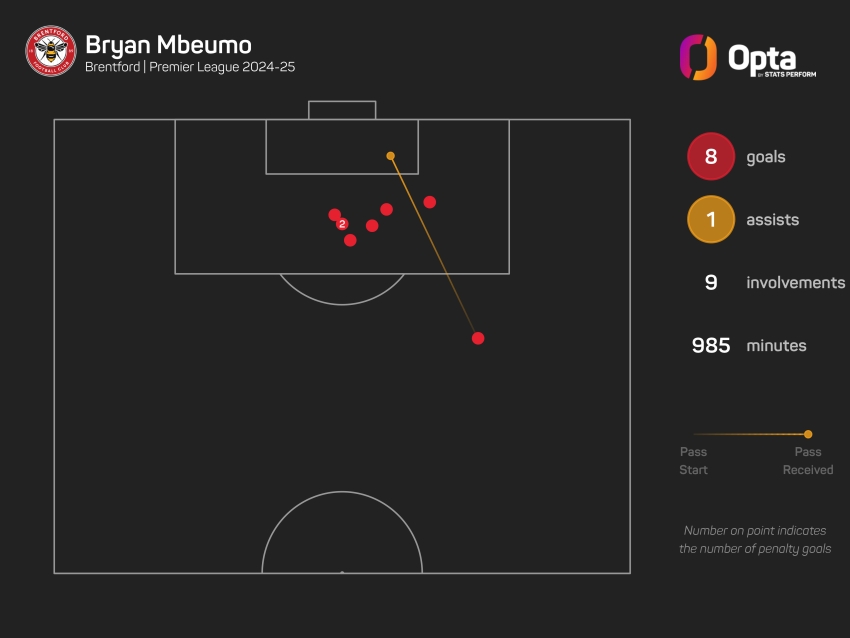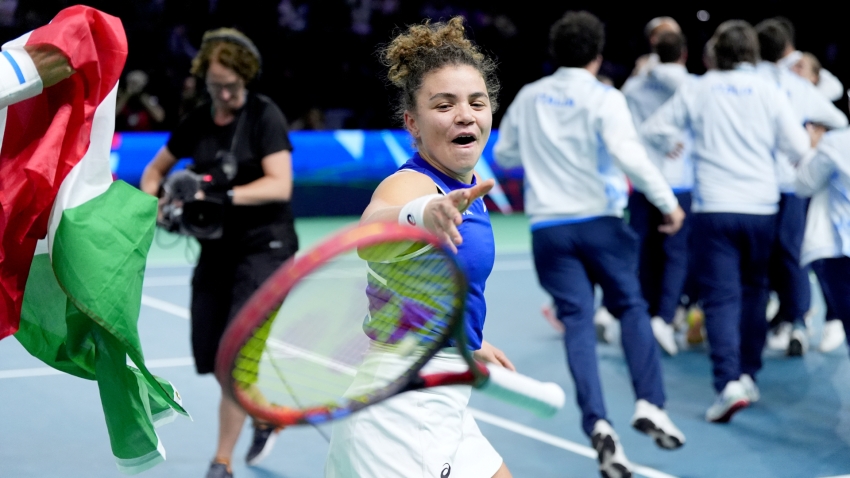Simona Halep's four-year ban being overturned comes as a "relief", though the decision to reinstate her WTA Tour position may be "bittersweet" due to time already missed on the court.
That was the message from Professional Tennis Players Association (PTPA) representative Ahmad Nassar, who discussed the damage that the initial decision could have on Halep's career.
The two-time grand slam champion was handed a long ban by the International Tennis Integrity Agency (ITIA) for "intentional" doping offences.
Halep, who won the 2018 French Open and Wimbledon in 2019, repeatedly defended her innocence.
The 32-year-old's appeal was eventually successful earlier this week as the ban that was initially set to last until 2026 was reduced to a nine-month suspension, which was backdated, meaning Halep can return to the court immediately.
"Bittersweet is a good word," Nassar told Stats Perform after the Court of Arbitration for Sport's (CAS) ruling.
"Relief is another word I would use. It's just a relief after a year and a half. The ups and downs of waiting, and then having this initial decision with the four-year ban, and the resulting 116-page decision.
"I worked in US federal court for a year after law school and a lot of times people write decisions to try to bulletproof it on appeal. Other times, it's kind of a pro forma thing, because there's zero chance that's going to get overturned on appeal.
"So when I saw that my first reaction was this is intended to try to bulletproof, throw the proverbial book at her and her team.
"So that on appeal, exactly what ended up happening didn't happen. That's such a sign of how broken the system is, because that shouldn't really be the motivation, the motivation should be what's the right answer?
"I represent all the players, not just Simona. And we go out of our way to say, all the players deserve a clean sport, first and foremost.
"Nobody's more affected by potential doping, especially in tennis, where it's one on one or two on two, than the players.
"It's a win in a fairly technical sense. They sought to take it from four to six years, which to me is just a jaw-dropper. If you think about that, neither side was happy with the four-year ban, which makes it all the more remarkable that CAS ruled the way they did."
Halep, the former world number one, will make her return at the Hard Rock Stadium in Florida, where action starts on March 17.
Whether she will be able to get back into her stride after a prolonged absence remains to be seen, a sticking point for Nassar.
He added: "Nobody won because you don't get to go back in time. Even if you went back to exactly the day after the nine-month suspension ended, which would have been last summer and let her resume play.
"Still, she went through nine months of assuming the worst, reading the worst, seeing the worst, hearing the worst. It's not only time but also opportunity, it's reputation.
"You take years and years and a whole career, decades to build up your name and you can lose it and your credibility and trust. You can lose it in an instant, and it's hard from that standpoint.
"That really frustrates me. This is not one of those things where you say, 'It's just professional sports, it comes with the territory', because when I look at other sports, this same dynamic does not exist.
"We don't want to call this a real win. She's a former number one, a major champion, with resources and wherewithal and ability, and later in her career, to be able to push back against this real machine that was mobilised against her.
"Most players, 99 per cent of them do not have that and so they take it on the chin, and either retire, or just take the four years and hope that they cut some terrible deal, if that's even in the offing, to settle and move on with their lives.
"That's why the players created the PTPA. It just highlights a huge gap in the system that is going to take years to fill, even on the anti-doping side. It's going to take years.
"I think there's some incremental reforms that hopefully can occur because of this situation that are better for everybody, not just the players. But it's going to be a long-term process."




